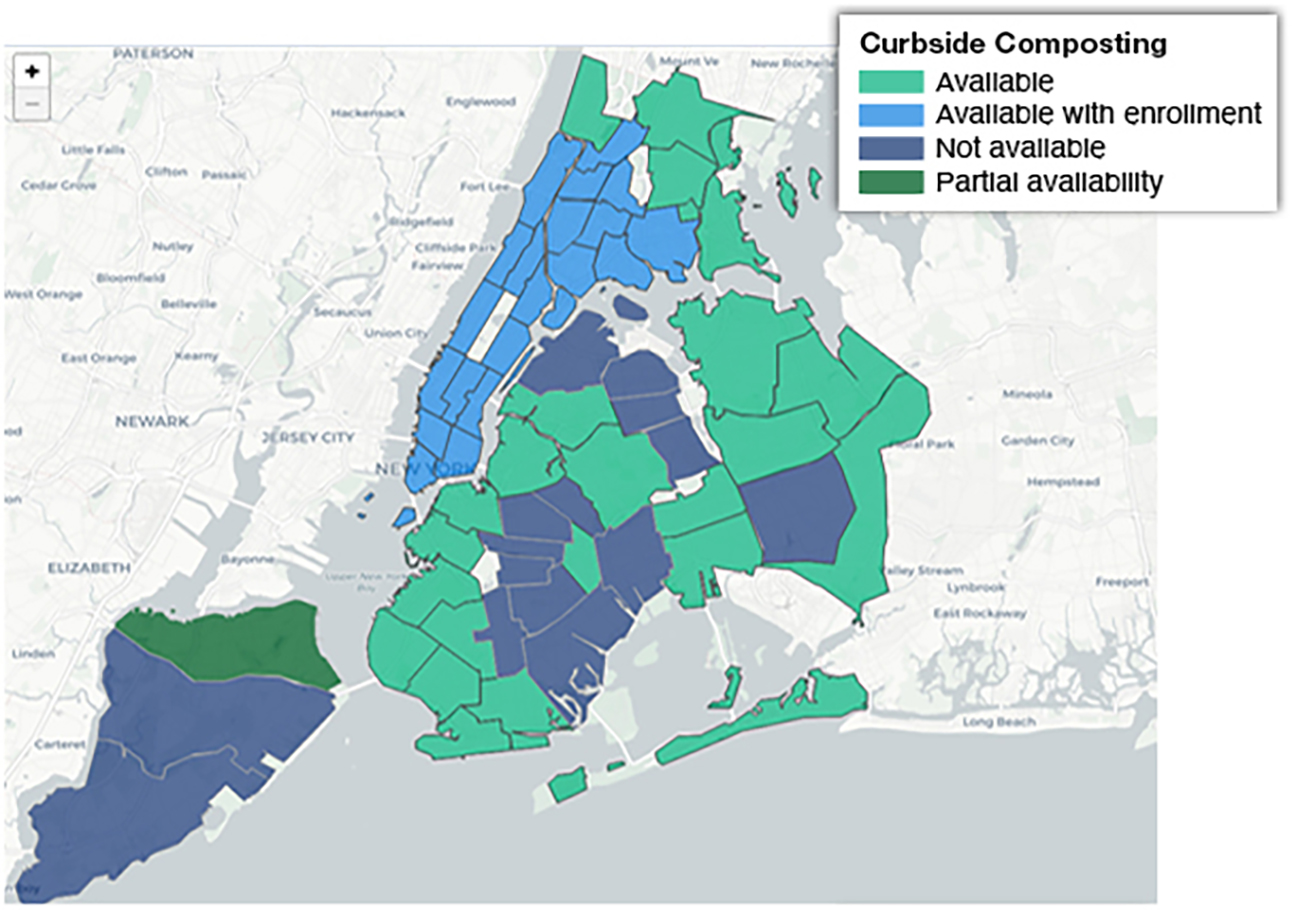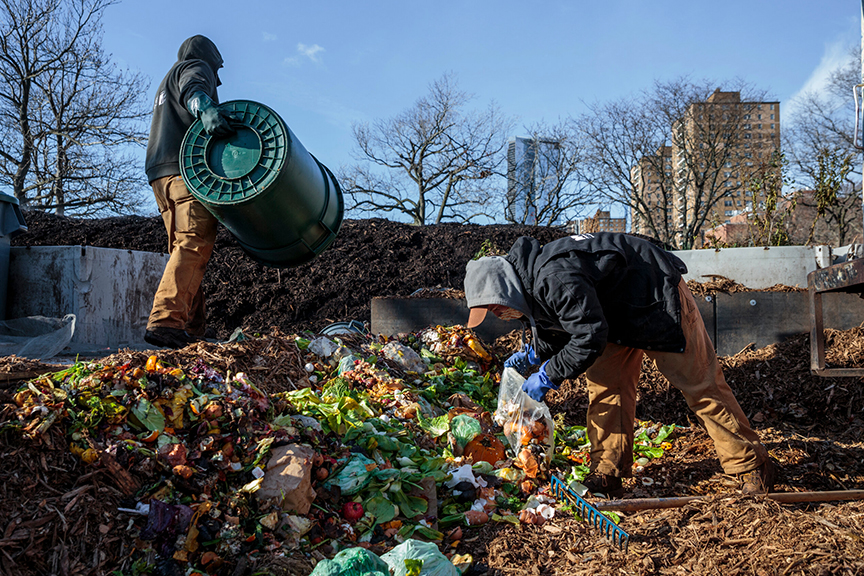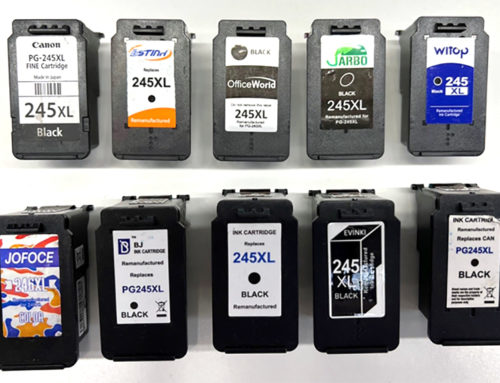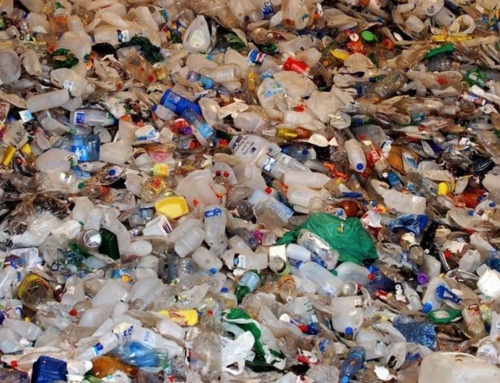New York City, the bustling metropolis that never sleeps, is about to experience a significant transformation in its approach to waste disposal. The city has initiated a groundbreaking mandatory composting program, marking a historic shift in how its residents manage their trash. This innovative endeavor encourages New Yorkers to separate organic, green waste from non-organic trash, with the goal of reducing waste and environmental impact. The program is being rolled out borough by borough, and its implications extend beyond environmental benefits to economic advantages.
The rollout of New York City’s mandatory composting program is a carefully planned endeavor. Queens led the way by adopting the program, and Brooklyn is poised to follow suit this month. Staten Island and the Bronx are slated to join in the spring of 2024, while Manhattan will fully embrace the program in the following fall. The phased implementation allows each borough to adapt to the new waste separation system progressively.
The significance of this composting initiative goes beyond environmental stewardship. Compostable materials have inherent market value, and New York City stands to reap both environmental and economic rewards from the program. Drawing inspiration from Seattle’s successful composting program, which has proven to keep solid waste costs in check, the city is embracing a model that could help residents save money while reducing waste.
To ensure the success of the composting program, residents of the United States’ largest city will be asked to separate yard and food waste from other types of trash. Green-waste collectors will pick up household compost separately, providing a dedicated curbside pickup service. This approach not only streamlines the collection process but also minimizes waste sent to landfills.

However, the city is serious about enforcing compliance with the program. In the spring of 2025, residents who fail to participate may face fines. This enforcement mechanism underscores the city’s commitment to making the program effective and reducing organic waste’s impact on landfills.
The green waste collected through the composting program will not go to waste. Instead, it will be transformed into valuable resources. Compost created from household organic matter will be used to fertilize crops, promoting local agriculture and reducing the need for chemical fertilizers. Additionally, biogas generated from the composting process can be used to heat buildings, contributing to the city’s sustainability efforts.
New York City has taken a multi-pronged approach to waste management with the introduction of orange composting bins on sidewalks. This strategic move is expected to have the added benefit of reducing rat infestations, a long-standing concern in the city. By keeping organic waste out of regular trash bins, the program aims to mitigate one of the factors that attract rats to urban areas.
New York City’s mandatory composting program represents a transformative step in waste management. As the city progresses toward full implementation borough by borough, it is poised to experience the most significant change in waste disposal practices since the adoption of the recycling program. The program not only promotes responsible waste management but also has economic implications that can help residents save money and contribute to a more sustainable future. With the introduction of fines for non-compliance, the city is sending a clear message about its commitment to reducing organic waste in landfills. The move to convert green waste into valuable resources, such as compost and biogas, further underscores the city’s commitment to a greener and more efficient waste management system.






